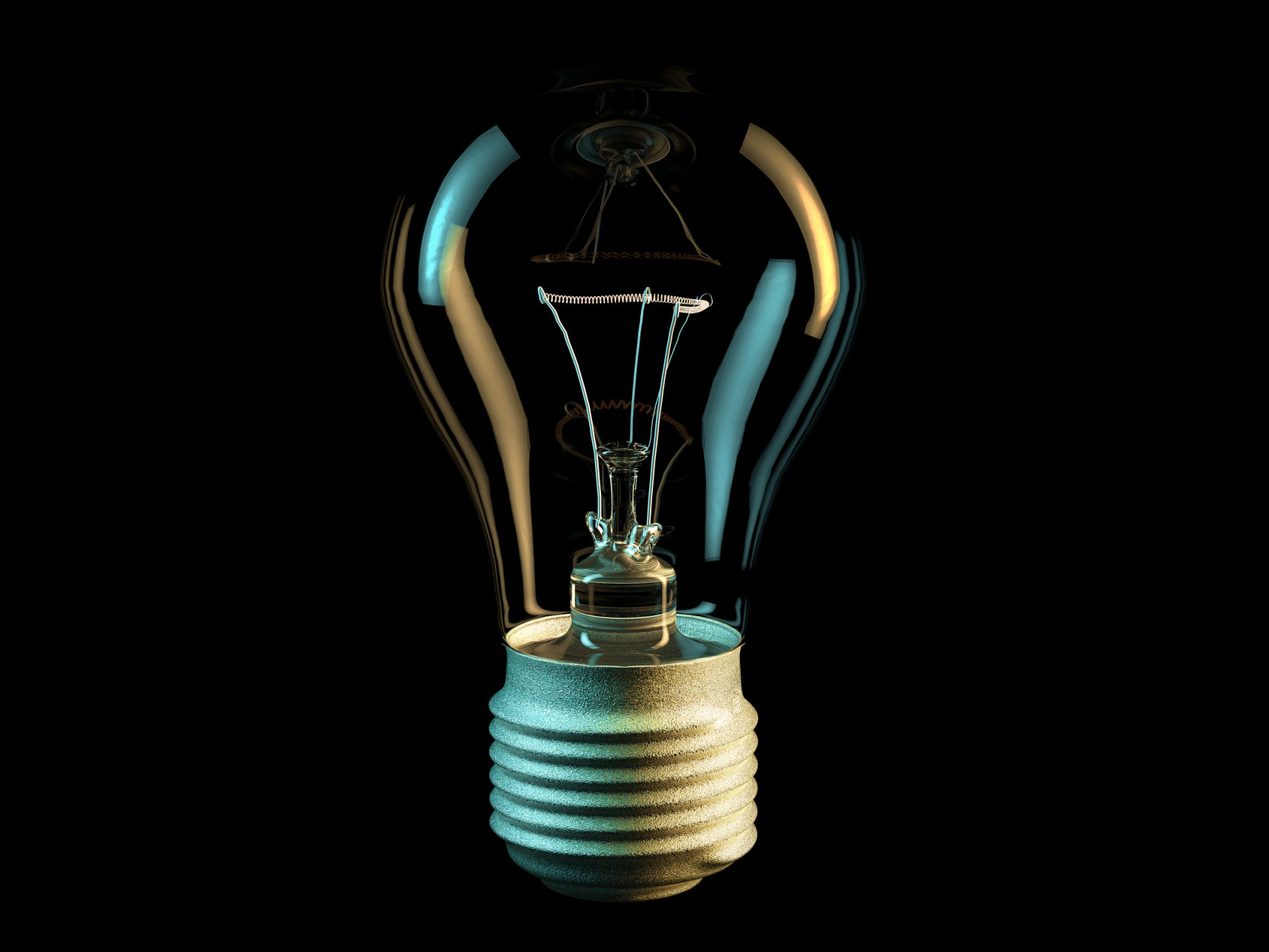Get Easy Health Digest™ in your inbox and don’t miss a thing when you subscribe today. Plus, get the free bonus report, Mother Nature’s Tips, Tricks and Remedies for Cholesterol, Blood Pressure & Blood Sugar as my way of saying welcome to the community!
The weird reason light makes you heavy

We place a lot of emphasis here on how your diet affects your health.
Selecting whole foods over processed foods is really not optional, not if you want to increase your odds of living a long, healthy life free of diabetes, heart disease and cancer.
Of course, there’s something those three conditions have in common: they’re all a result of metabolic syndrome, the cluster of adverse health conditions that includes hypertension and insulin resistance.
The other hallmark of metabolic syndrome is overweight and obesity.
With the number of obese adults in the United States climbing yearly, research continues into its causes.
If you feel like you’re part of this growing number of adults, even though you think you’re doing everything right, it may not be your fault. There are some sneaky ways modern life packs the pounds on.
For instance, research has shown that unrelenting stress can change the gut microbiome in ways that make us prone to obesity.
And, recent research has uncovered something else that, if you’re a woman, could make you gain weight in a very surprising way…
For your best sleep, douse the lights
Ask any sleep specialist, and they’ll tell you that sleeping with the lights on is a bad idea.
So many of us turn the lights off, but leave the TV on, or keep the laptop open with a movie running.
You might think this is helping you go to sleep when in reality it’s doing harm.
This artificial light disrupts your circadian rhythm, the internal biological clock that tells you when it’s time to sleep (the wavelengths of the blue light from your TV screen or cell phone are the most disruptive of all).
Now, new research tells us that, for women, in particular, sleeping in a room that’s anything less than dark can lead to obesity.
Artificial light and weight gain
Between 2003 and 2009, more than 50,000 women ages 35 to 74 became subjects in the “Sister Study” conducted by the National Institutes of Health. The aim of the study was to potentially zero in on some specific risk factors for breast cancer.
Just last month, other NIH researchers gave questionnaires to 43,722 of those women, asking about their sleep habits. Specifically, the women were asked whether they slept with no light, a small nightlight, light outside of the room, or a light or television on in the room.
Using baseline information about height, weight and body mass index, the researchers then compared weight gain in women who slept in the dark with weight gain for those who slept with artificial light.
When 16 months of data was analyzed, women who slept with artificial light, including television, were 17 percent more likely to have gained eleven pounds or more, suggesting that artificial light at night could put women at risk for obesity.
What’s the connection?
But, why might this be so? Is it a farfetched idea? Not really.
Several explanations seem likely.
For one, sleeping with the lights on can trigger depression, a risk factor for overeating and obesity.
And interrupted sleep makes your body produce more of the hunger hormone ghrelin, and less of a protein called leptin, which suppresses appetite.
A few tips for good sleep habits
Here are a few ways for women (and men) to get their best night’s sleep:
- Stick to a sleep schedule.
- Keep electronic devices out of the bedroom!
- Try a white noise or pink noise recording or app as a soothing background for sleep.
- Don’t drink alcohol before bed. Instead, try snacking on foods containing tryptophan, which is converted to the sleep hormone melatonin.
And, here are a few more tips for a good night’s sleep from Dr. Mark Wiley.
Editor’s note: Did you know that when you take your body from acid to alkaline you can boost your energy, lose weight, soothe digestion, avoid illness and achieve wellness? Click here to discover The Alkaline Secret to Ultimate Vitality and revive your life today!
Sources:
- Sleeping with artificial light at night associated with weight gain in women — Neuroscience News
- Association of Exposure to Artificial Light at Night While Sleeping With Risk of Obesity in Women — JAMA Internal Medicine
- The Sister Study: What is the Sister Study — The Sister Study













